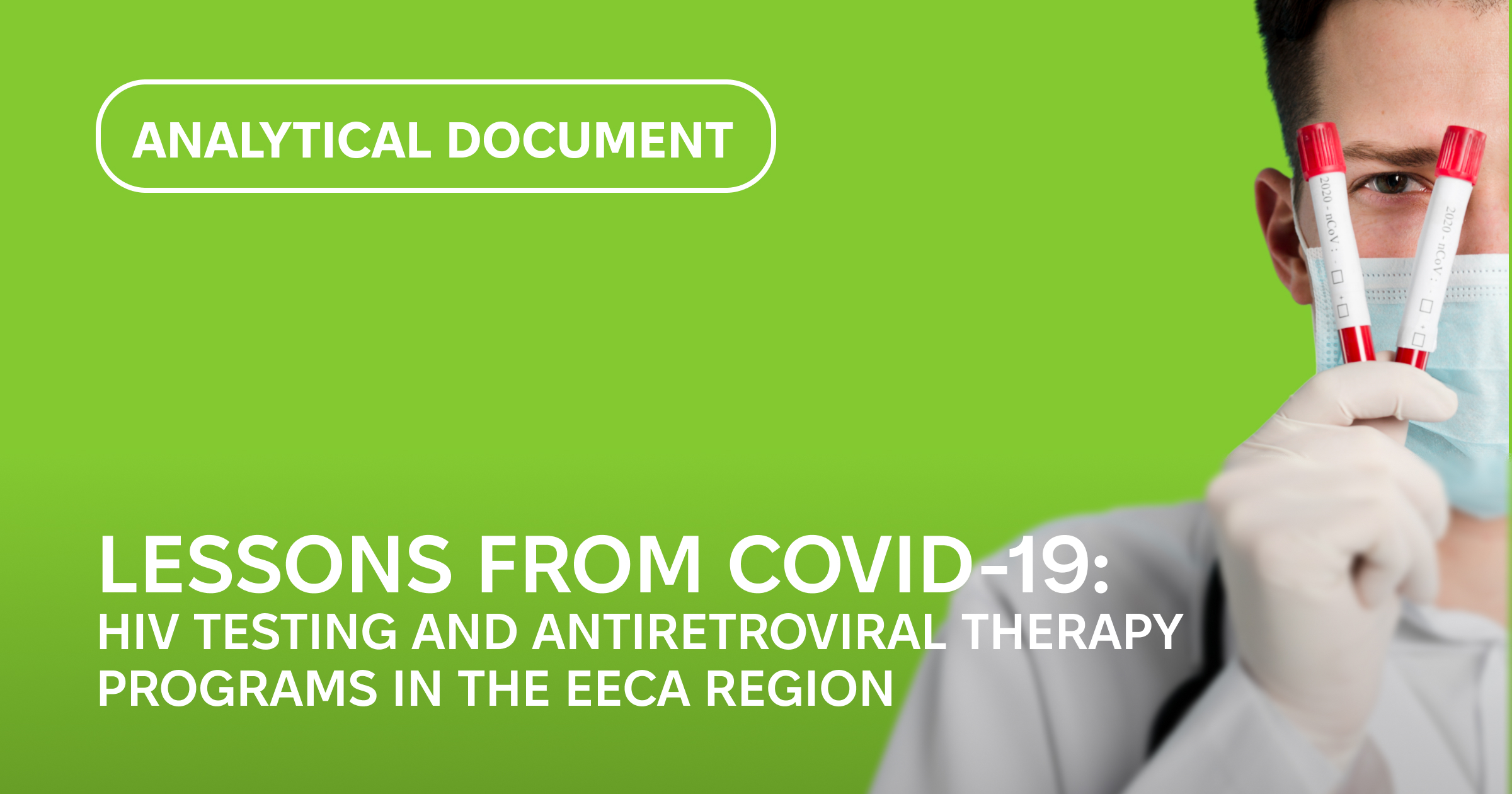As new reports of COVID-19 continue to emerge around the world, it is important for us to remember how the pandemic has had a major impact on health systems around the world, but its impact on people living with HIV (PLHIV) requires special attention. This study, conducted in seven countries in Eastern Europe and Central Asia, details the challenges and risks faced by PLHIV in the region and how the experience of dealing with these challenges can be useful for the future.
Important findings:
Maintaining access to antiretroviral therapy (ART): COVID-19-related restrictive measures have affected the level of ART service delivery. Guaranteed access to treatment remains a key factor in protecting the health of PLHIV.
Prompt initiation of treatment: Prompt initiation of treatment for new patients is vital. Delays can lead to higher risks of disease outcomes.
Social background and risk of infection: The study emphasizes the importance of considering social factors that may increase the likelihood of COVID-19 infection in PLHIV and worsen prognosis.
Global investment: Maintaining ART service delivery is critical to sustaining global investment and progress in the HIV response.
Potential deaths: Failure to address disruptions in health service delivery could result in more than 500,000 additional deaths from AIDS-related illnesses within 6 months.
The Terms of Reference for this study were developed within the framework of the regional project “Sustainability of Services for Key Populations in the Eastern Europe and Central Asia Region”, which is supported by the Global Fund to Fight AIDS, tuberculosis and malaria (GF) by a consortium of organizations from the EECA region led by IBF “Alliance for Public Health” in partnership with “All-Ukrainian Network of PLHIV” (100% Life), Central Asian Association of People Living with HIV and Eurasian Network of Key Group Health.
Want to know more? A detailed analytical report is available at the link: https://aph.org.ua/wp-content/uploads/2021/05/Otsenka_dinamiki_testirovaniya_na_VICH_RRR.pdf






